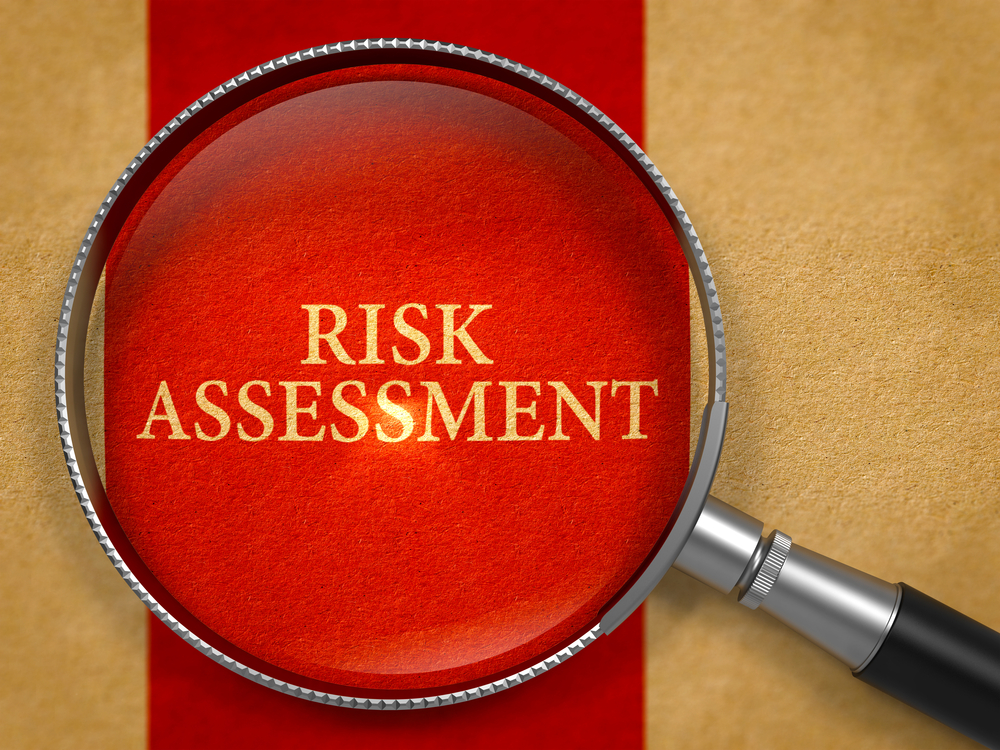Mental health: HR guide

Introduction
Employers have various responsibilities in relation to the mental health of their employees. This guide sets out employers’ obligations and potential claims that employees could pursue. Some general tips are provided, too.
Health and safety and mental health
Under health and safety law there is a general duty on employers to ensure, so far as reasonably practicable, the health, safety and welfare at work of all of their employees. This duty applies to mental health and physical health. It also covers working from home.
Health and safety regulations also require employers to make an assessment of workplace health and safety. This should include risk assessments on matters such as employees’ stress levels and workloads. It may not always be possible to carry out full risk assessments for employees working at home but, as mentioned in the Advisory, Conciliation and Arbitration Service’s (Acas) guidance, there are steps that employees can take.
The legislation imposes criminal liability for breach of health and safety duties.
The enforcement of the health and safety legislation is carried out by the Health and Safety Executive or local environmental health officers.
Non-deliberate breaches could result in fines of up to £20,000 and there may be unlimited fines/possible imprisonment for deliberate breaches.

Unfair dismissal
Employers can dismiss fairly provided that there is a fair reason for dismissal and that a fair process has been followed. Employees, generally, who have two years’ continuous service or more can bring unfair dismissal claims.
Capability is a fair reason and a dismissal could be potentially fair on grounds of incapability due to ill-health. An employer would, however, have to follow a fair process and each case will depend on its own circumstances.
Some of the things that employers would need to consider could be: whether there were sufficient warnings; whether medical evidence had been obtained before the decision to end employment; whether the employee had had an opportunity to put forward their case at a hearing; and whether alternatives to dismissal were considered.
Misconduct is also a fair reason. Again a fair process has to be followed and any decision to dismiss has to fall within the reasonable range of responses open to an employer.
In some situations the employer will have to balance the interests of employees affected by an employee with a mental health illness and the interests of the employee with the illness.
There was a case involving an employee suffering from schizophrenia who did not take their medication on the advice of their doctor. The employee sexually assaulted two women at work and, subsequently, the employer dismissed the employee on the grounds of gross misconduct. The tribunal held that the dismissal was unfair because the employer had not considered whether the employee was culpable and aware of their actions.
Constructive unfair dismissal may also be relevant. Employers have implied duties such as the implied duty of trust and confidence (which employees also have) and the implied duty to ensure a safe working environment. If an employer commits a fundamental breach of the employee’s contract, such as one of these implied terms, an employee (with the requisite continuous service) could resign swiftly as a result of the breach and claim constructive unfair dismissal.
Where, for example, an employer has bullied or harassed an employee or an employer has overloaded an employee with work, depending on the particular circumstances, the employee might be able to resign and make a claim.

Disability discrimination
An employee with a mental health illness may come within disability discrimination protection.
To fall within protection, the person would have to have a physical or mental impairment which has a substantial and long term adverse effect on their ability to carry out normal day to day activities. Each case will depend on the circumstances. Normal day to day activities could include concentration and engagement. An employee with depression, for example, may have difficulties in concentrating.
Where an employee is protected, employers must not discriminate in a number of ways.
Employers must not, for example, treat an employee less favourably because of a disability or treat an employee less favourably because of something relating to a disability.
There is also a duty to make reasonable adjustments so that an employee with a disability is not disadvantaged in the workplace. Again, when considering reasonable adjustments, the extent of what an employer could be required to do will depend on the particular circumstances. When an employee has a mental health illness reasonable adjustments could, for instance, include: changing performance targets; altering duties; altering working times; carrying out a risk assessment; allowing time off for treatment; and arranging a phased return to work.

Negligence cases and other claims
Employers have a duty of care for the health and safety of employees in the workplace.
An employee who, for example, is given an excessive workload or is bullied or harassed and suffers from psychiatric injury could consider bringing a personal injury negligence claim in the Courts. These type of cases are, generally, quite difficult to bring as the type of injury suffered has to be reasonably foreseeable.
Under the protection from harassment legislation an individual may bring a claim where there is a course of conduct which amounts to harassment. Harassment is conduct that causes alarm or distress, and a course of conduct must involve such conduct on at least two occasions.

Tips for promoting employee mental health wellbeing
Irrespective of employers’ legal responsibilities, there are good reasons why employers should do their utmost in ensuring the mental health wellbeing of their staff. Taking mental health seriously will boost productivity, improve staff retention and help protect the reputation of the business.
These are some of the steps employers should consider taking:
- Fostering an open culture where staff are not afraid to speak out about mental health issues.
- Showing strong leadership on mental health issues.
- Maintaining up-to-date policies on bullying, harassment, ill-health and equal opportunities which are regularly communicated to staff and enforced.
- Offering mentorship and counselling services.
- Training managers on mental health and how to support staff.
- Offering flexible working.
- Encouraging staff to take proper breaks at lunchtime.
- Encouraging staff to take their full holiday entitlement.
- Carrying out risk assessments to ensure employees are coping with their work.
- Keeping in regular touch with employees working from home.
This guide is intended for guidance only and should not be relied upon for specific advice.
If you need any advice on mental health issues or have other employment law queries please do not hesitate to contact me on 020 3797 1264.

